Microsoft calls on businesses to embrace mobility
Microsoft thinks companies should transform into mobility-driven organisms and let employees be free from BYOD constraints

Microsoft has called on businesses to embrace the mobility trend and transform the way they work.
Dave Coplin, chief envisioning officer for Microsoft UK, told journalists at the software giant's "Business Transformed" event in London today that companies need to "transform from organisations to organisms."
As such, companies need to introduce a "culture of data" into businesses, he claims, before adding that complaining about increased prevalence of tech in the workplace is "insane" due to the limitless possibilities it offers. "Employees powered by mobile devices [will] treat work as an activity, not a destination," he said.
John Delaney, associate vice president at IDC, agreed. He said employees are "bringing technology into the office rather than discovering it there", while the affordability of modern technology has made high-tech devices as common at home as at work.
According to Delaney, while businesses may at times find it difficult to balance the issues of bring your own device (BYOD) policies, they should look past the risks. Europe is experiencing a plateau on the BYOD front, according to the IDC, where the number of companies refusing to implement it has remained roughly the same year-on-year.
It's not all refusals and stubborn bosses, however, as the most popular devices brought to work laptops, tablets and phones are often provided by businesses in the first place, reducing the demand. Many think twice about using their tech at work and at home once they see the reams of paperwork they need to complete, explained Delaney.
Still, companies that throw their weight behind the mobility trend will reap the benefits of increased connectivity, he argued, adding that "it's no longer about managing the risk but exploiting the benefits."
Get the ITPro daily newsletter
Sign up today and you will receive a free copy of our Future Focus 2025 report - the leading guidance on AI, cybersecurity and other IT challenges as per 700+ senior executives
Examples of how the adoption of mobile devices has benefited organisations and the way they work was discussed at the event. They included the emergency services, who could take pictures of accidents on mobile devices, and send them back to hospitals to help them prepare for the ensuing casualties.
As part of its push to get businesses to embrace mobility, Microsoft has made no secret of its efforts to win over staunch users of BlackBerry to its Windows Phone platform.
One company that has seen its users ask for Windows support for its devices is Barclays, something that Microsoft is keen to point to in order to demonstrate its growing market share.
"As a big high street brand we are representative of the demographics of the UK," Darren Foulds, managing director of Barclay's mobile banking, told IT Pro. "We have a feedback mechanism whereby we try to implement at least 85 per cent of all customer requests. Customers demanded Windows Phone support."
The Barclays app on Windows Phone has a five-star rating and is one of the most downloaded on the Windows Marketplace. "Mobile banking is our core product," added Foulds. "It took 10 years for the company to reach four million users through traditional methods; it took just 15 months to get three million users on mobile."
-
 Should AI PCs be part of your next hardware refresh?
Should AI PCs be part of your next hardware refresh?AI PCs are fast becoming a business staple and a surefire way to future-proof your business
By Bobby Hellard
-
 Westcon-Comstor and Vectra AI launch brace of new channel initiatives
Westcon-Comstor and Vectra AI launch brace of new channel initiativesNews Westcon-Comstor and Vectra AI have announced the launch of two new channel growth initiatives focused on the managed security service provider (MSSP) space and AWS Marketplace.
By Daniel Todd
-
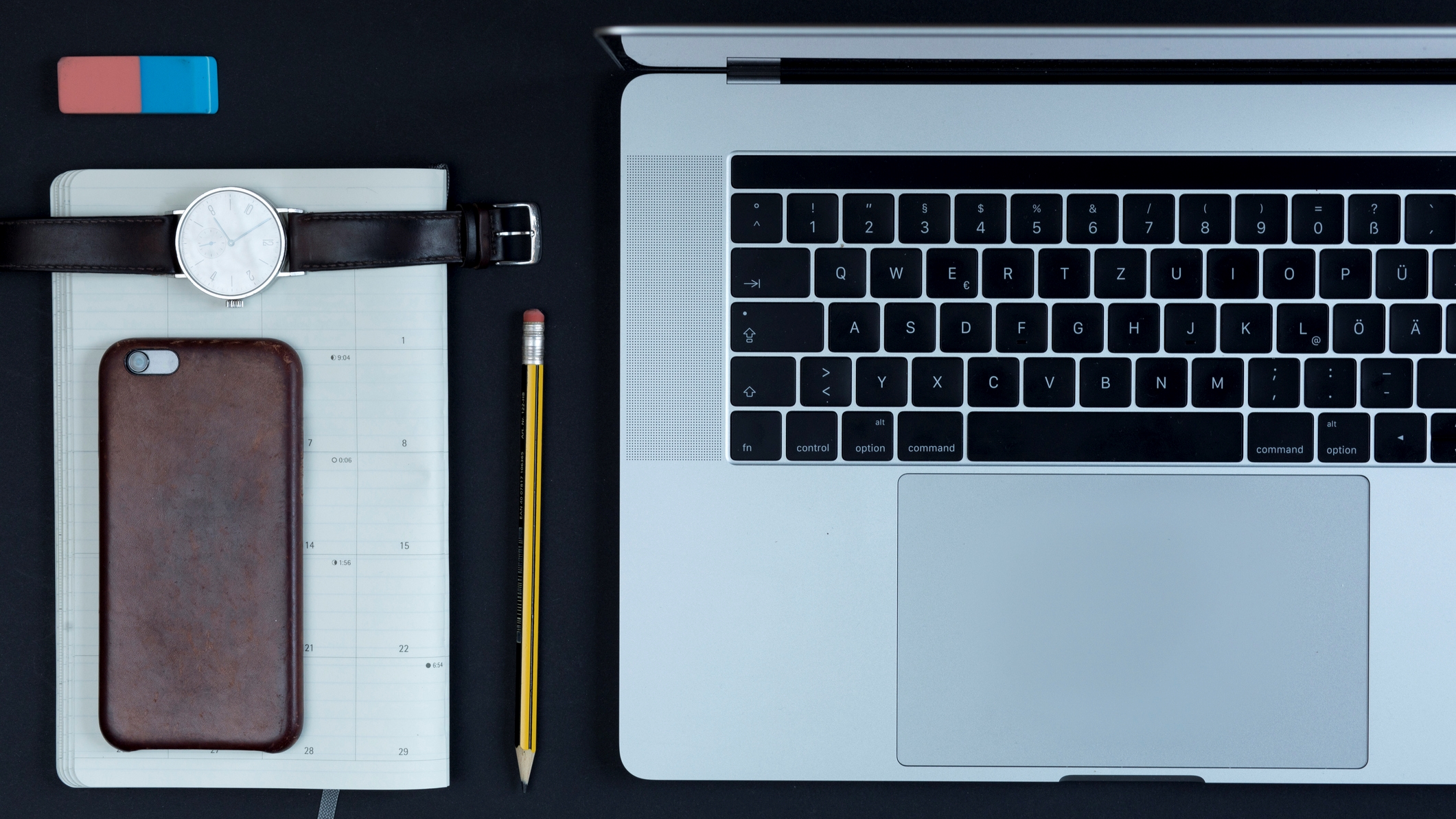 Rebooting your BYOD strategy
Rebooting your BYOD strategyIn-depth With hybrid working becoming the norm, there's a need for a device management overhaul. What does BYOD 2.0 look like?
By Kate O'Flaherty
-
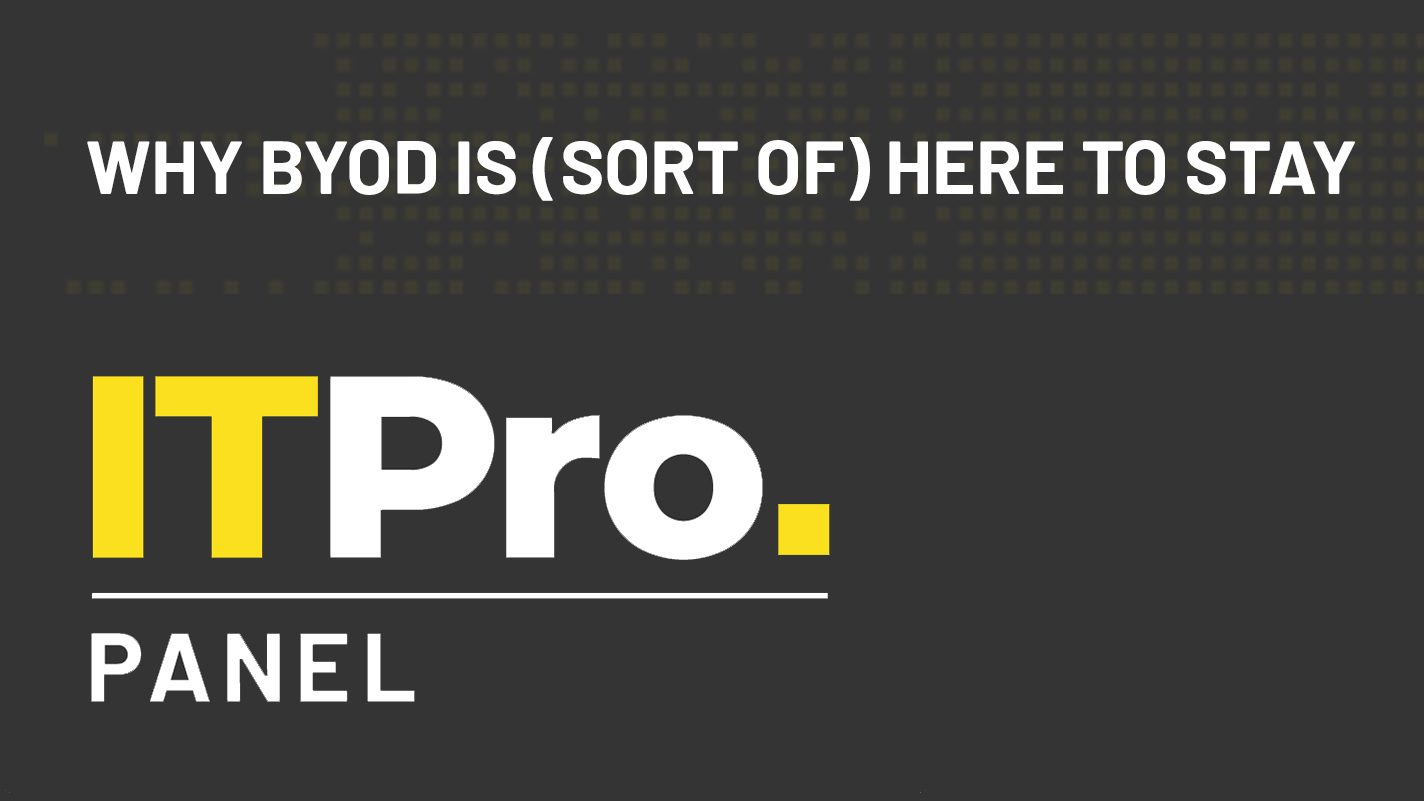 IT Pro Panel: Why BYOD is (sort of) here to stay
IT Pro Panel: Why BYOD is (sort of) here to stayIT Pro Panel CIOs explain why they aren’t going all-in on personal devices
By Adam Shepherd
-
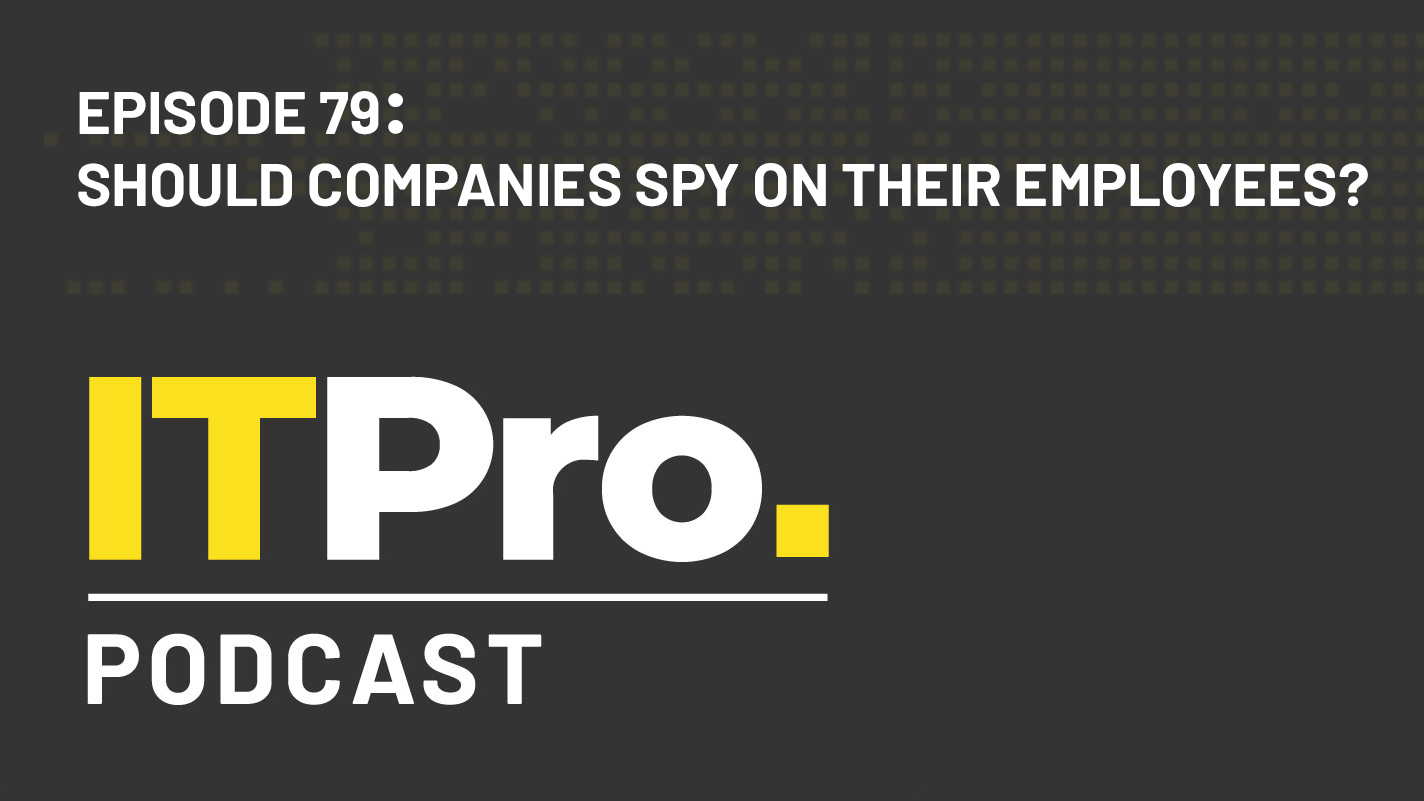 The IT Pro Podcast: Should companies spy on their employees?
The IT Pro Podcast: Should companies spy on their employees?IT Pro Podcast Where’s the line between security and surveillance?
By IT Pro
-
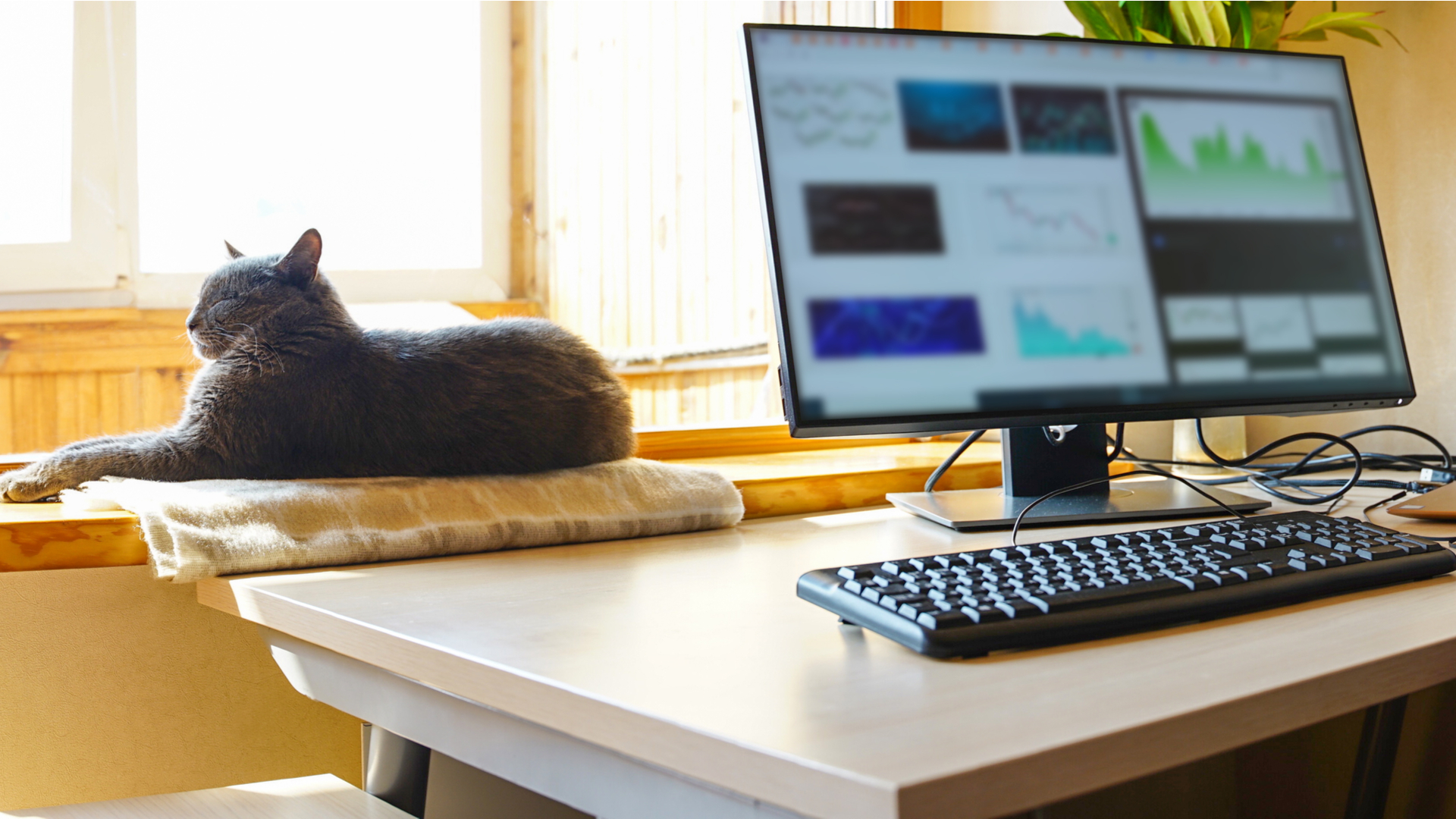 What are employers' responsibilities when we use personal tech to work from home?
What are employers' responsibilities when we use personal tech to work from home?In-depth With many more months of lockdown ahead of us, and workers reluctant to return to the office full time, it's time to think about roles and responsibilities
By Sandra Vogel
-
 What is the 'personalisation of IT'?
What is the 'personalisation of IT'?In-depth With millions of people using personal devices for professional purposes while working from home, consumerisation has entered a new phase
By David Howell
-
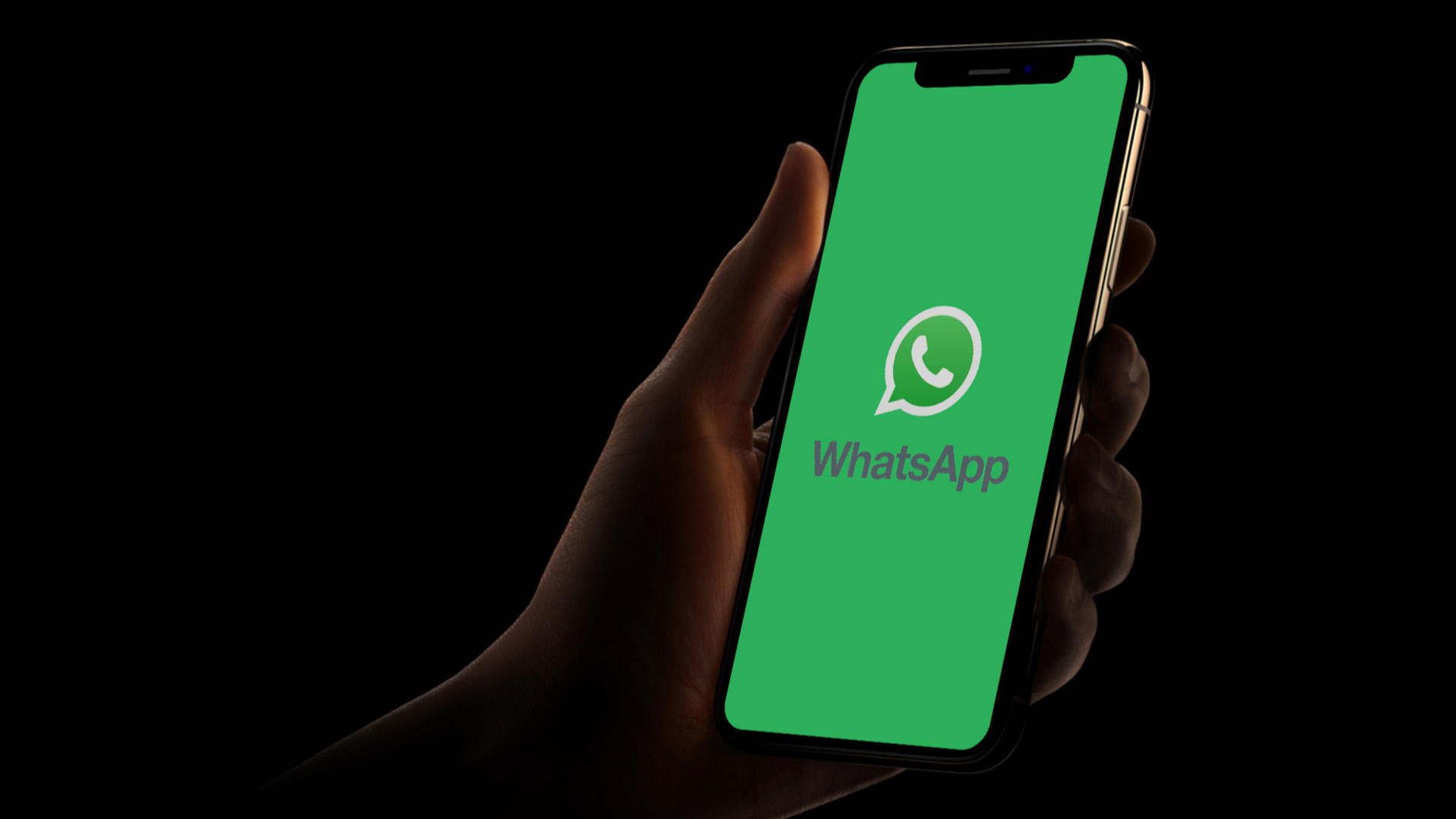 WhatsApp delays controversial privacy update for businesses
WhatsApp delays controversial privacy update for businessesNews Users were asked to share data with WhatsApp’s parent company Facebook in order to continue using the service
By Sabina Weston
-
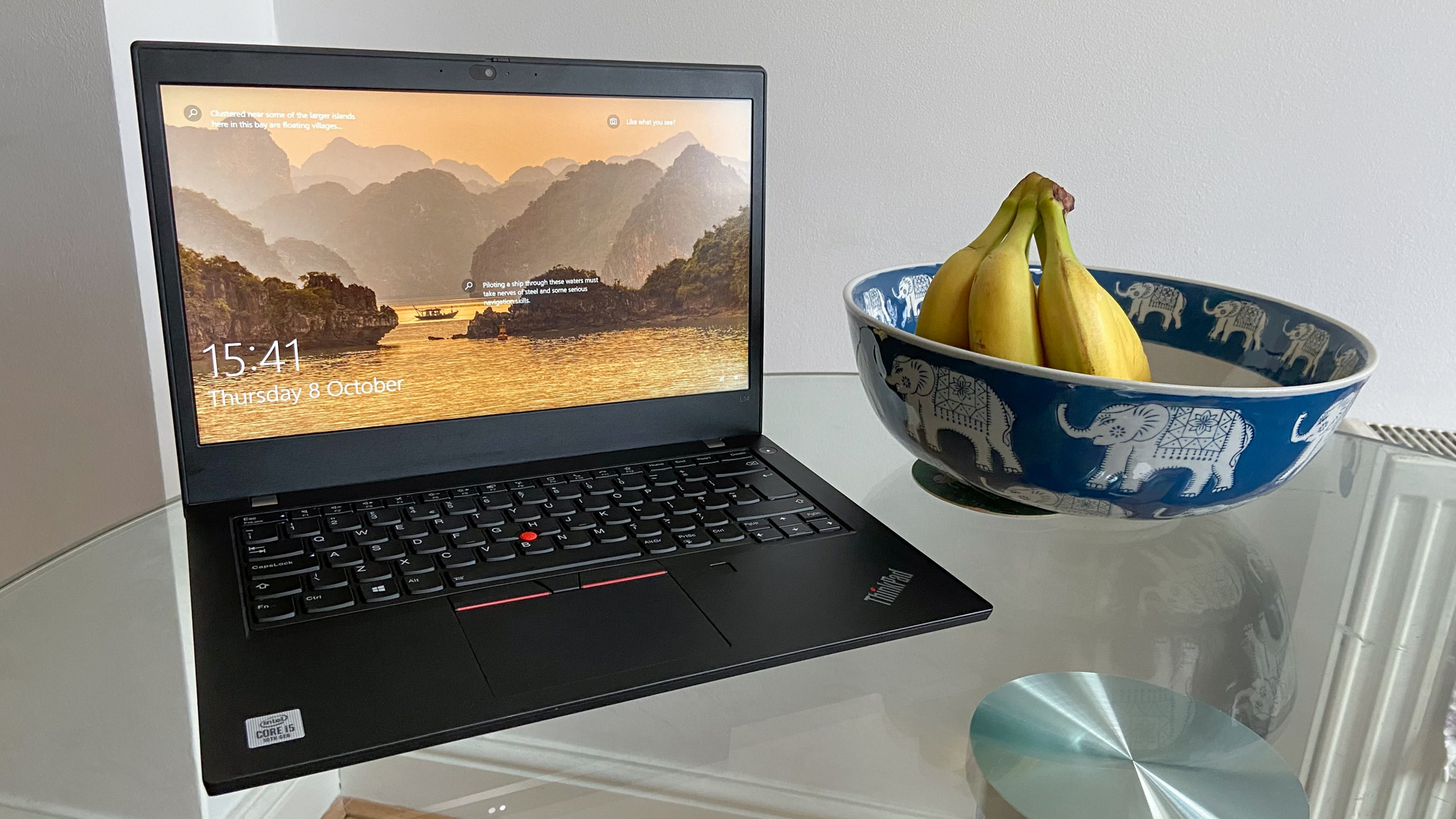 Lenovo ThinkPad L14 review: It’s not right but it’s okay
Lenovo ThinkPad L14 review: It’s not right but it’s okayReviews Pleasant enough for simple office tasks
By Sabina Weston
-
 The consumerisation of IT continues apace – here’s how your business can benefit
The consumerisation of IT continues apace – here’s how your business can benefitIn-depth BYOD may be a fact of business, but there are still more ways organisations can grow by embracing consumer tech
By Sandra Vogel